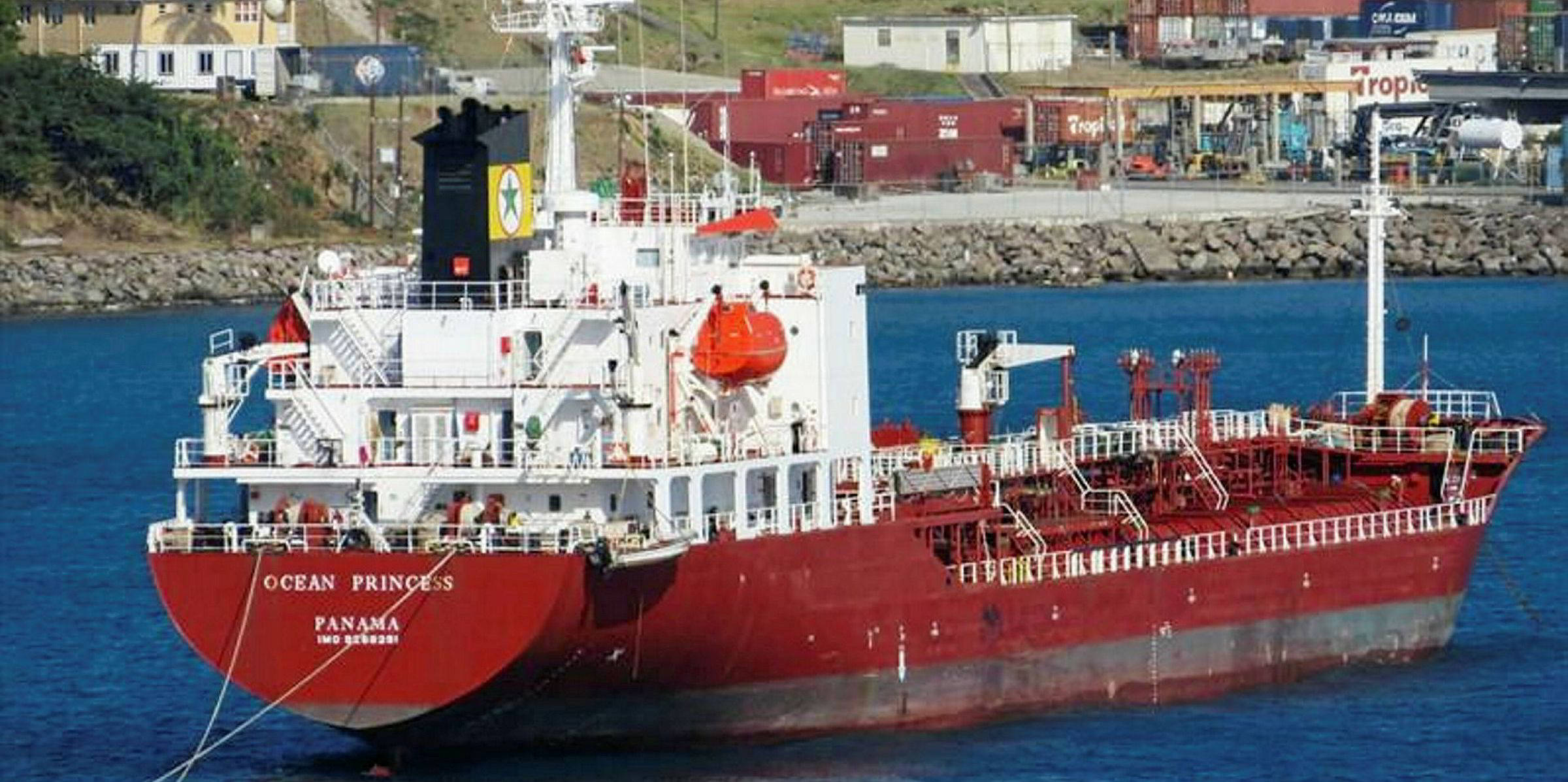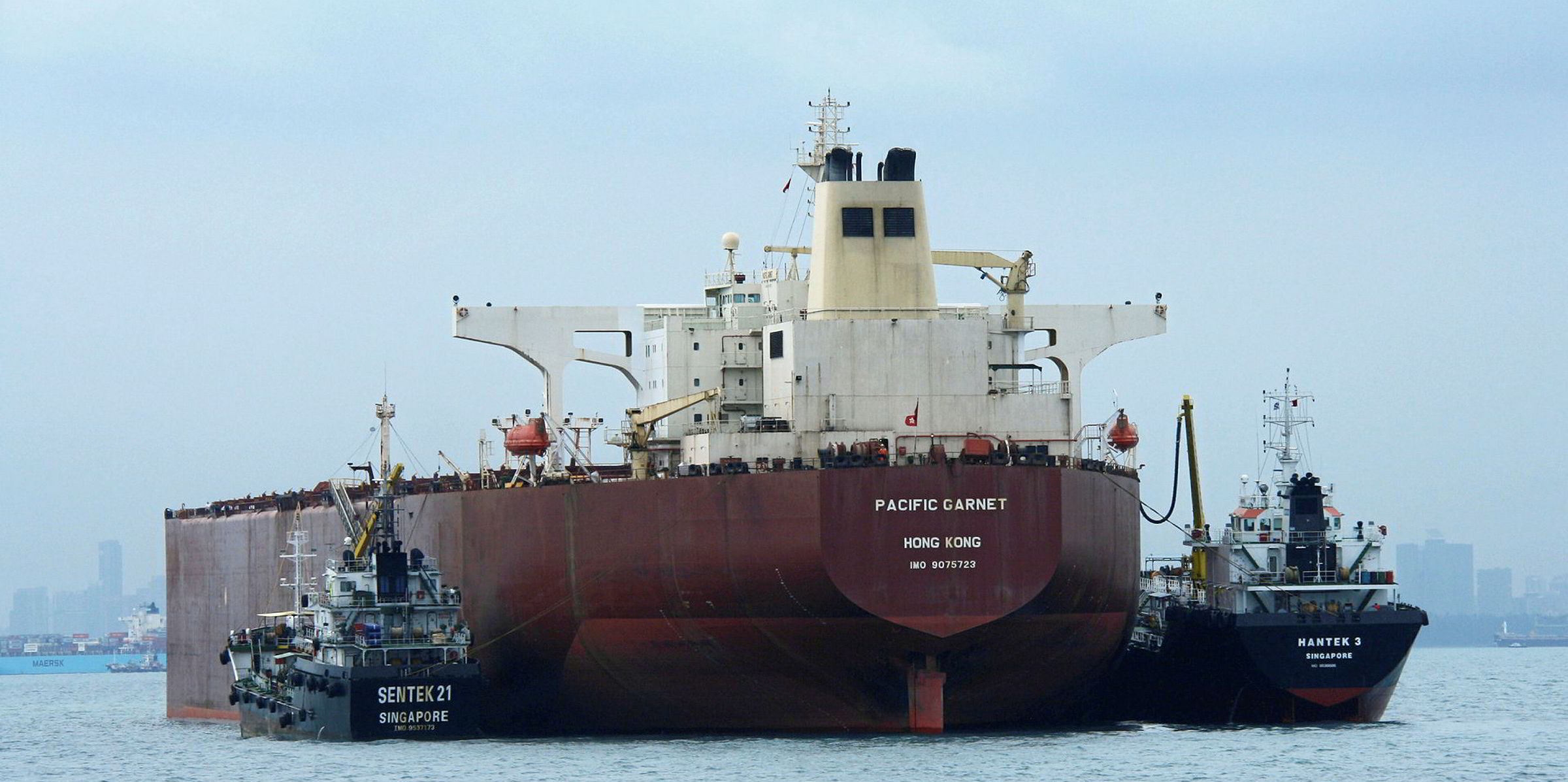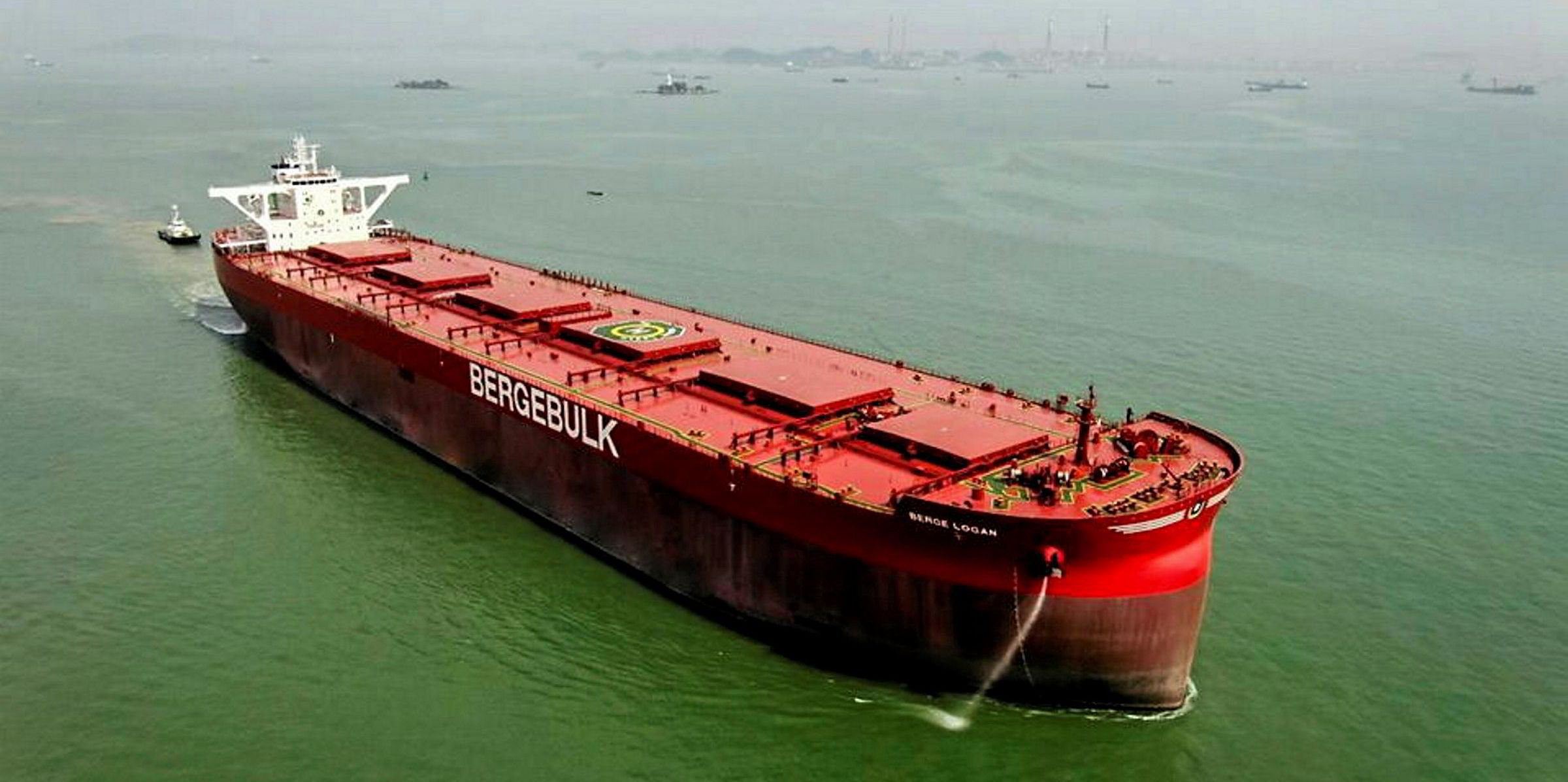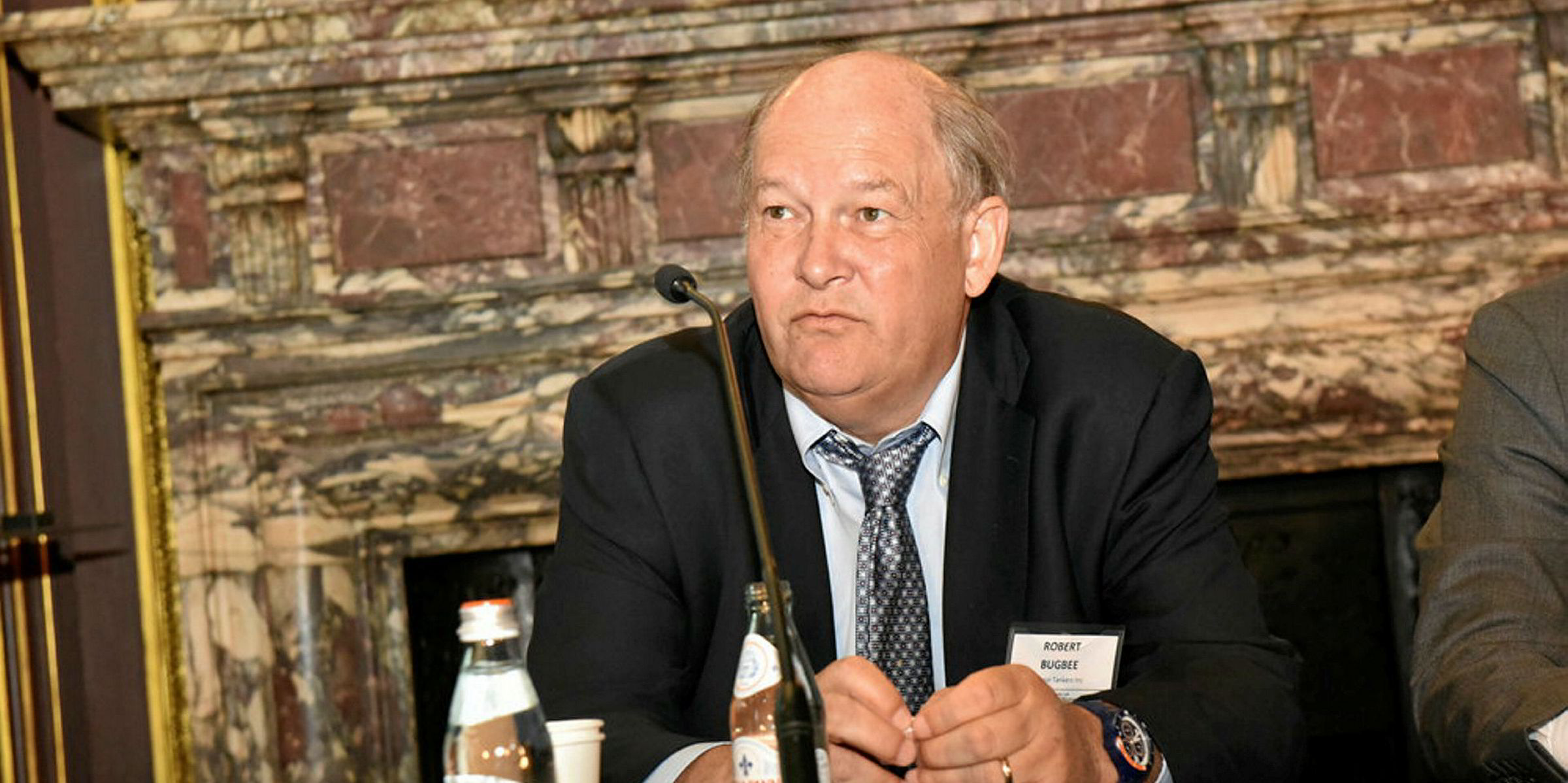The US is poised to use the same strategy to enforce IMO 2020 that it used to go after seafarers and shipowners in the “magic pipe” pollution cases of years past.
A combination of generous incentives for whistleblowers and court precedent saw the US Coast Guard (USCG) and the Department of Justice levy criminal charges when a ship dumped oily bilge water anywhere in the world, within US waters or not.
The same mechanisms, attorneys told TradeWinds, will be used when ships violate the IMO 2020 sulphur cap.
“I think it will be rigorously enforced... because the federal government views it as a way to exert extraterritorial authority,” said David McCullough, a partner at Eversheds Sutherland focusing on energy markets.
He said some observers in the fuel markets believe IMO 2020 non-compliance could range between 5% and 20% of refineries, and they do not view it as a particularly significant proportion.
“But if you talked to the environmental agency of almost any developed country, that’s a huge percentage of non-compliance,” McCullough said.
“If only 80% of all refineries in the United States were complying with US emissions standards, it would be a significant issue. I think [the Environmental Protection Agency] is aware of that, [the US] Coast Guard is aware of that.
“Most people recognise that excess sulphur emissions are harmful for human health and don’t want to breathe it in.”
Whistleblower awards
In the bilge water cases, the US brought criminal charges against the owners and crews of ships that allegedly had pollution control equipment reconfigured — to create what has been dubbed a magic pipe — to dump oily water into the sea.
The charges — brought under the Act to Prevent Pollution from Ships, the US law implementing Marpol — were often backed by evidence provided by lower-ranking crew members, incentivised by whistleblower awards that can be up to 50% of the entire fine.
Further, American courts ruled that the charges did not prosecute the actual water dumping, where the US did not have jurisdiction, but the presentation of falsified documents to USCG inspectors.

Since the early 1990s, the US has awarded 205 individuals about $33m in ship pollution cases, according to the National Whistleblower Center, an advocacy group that supports those who report alleged wrongdoing.
Some people in shipping have argued that the system sets up perverse incentives and uneven enforcement.
Last year, three seafarers onboard the 27,700-dwt bulker Marguerita (built 2016) had to fight the US government for their awards, with the government arguing that the trio did not immediately come forward with evidence of wrongdoing.
In another case, the master of the 50,250-dwt tanker Ridgebury Alexandra Z (built 2009) was acquitted of pollution charges after his attorneys convinced a Louisiana jury that Filipino crew members reported him in order to get an award.
McCullough said the potential pool of IMO 2020 whistleblowers would grow from crew to employees of bunker fuel providers and competitors in the fuelling market.
George Chalos of Chalos & Co said the US won a test case last summer in the Virgin Islands, where two Greek companies were fined a total of $3m when the 8,016-dwt product tanker Ocean Princess (built 2003) was caught burning high-sulphur fuel in the US emissions control area, where IMO 2020 regulations had in effect already been implemented.
“I think that there’s going to be a window of time before there’s a concerted effort to start enforcing it,” Chalos said. “There’s an element of human nature. Half the world is still not back from Christmas yet.”
'World tour'
He said the USCG went on a “world tour”, telling the industry that it would be aggressively enforcing IMO 2020.
“That may have been a means to deter future violations or it could be a precursor. I guess time will tell,” Chalos said.
“I hope everybody complies and there’s no need to have any further discussion on it. But for the guys who either fail to comply by pure accident or genuine mistake… I think there will be some enforcement coming down in the coming months.””










